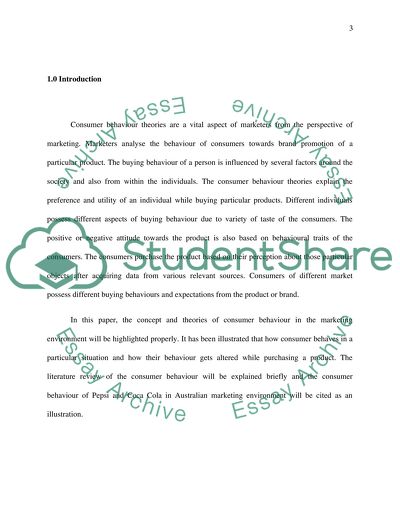Cite this document
(“Marketing Consumer Behaviour Theories Essay Example | Topics and Well Written Essays - 2000 words”, n.d.)
Retrieved from https://studentshare.org/marketing/1413491-essay-in-marketing-consumer-behaviour-thiores
Retrieved from https://studentshare.org/marketing/1413491-essay-in-marketing-consumer-behaviour-thiores
(Marketing Consumer Behaviour Theories Essay Example | Topics and Well Written Essays - 2000 Words)
https://studentshare.org/marketing/1413491-essay-in-marketing-consumer-behaviour-thiores.
https://studentshare.org/marketing/1413491-essay-in-marketing-consumer-behaviour-thiores.
“Marketing Consumer Behaviour Theories Essay Example | Topics and Well Written Essays - 2000 Words”, n.d. https://studentshare.org/marketing/1413491-essay-in-marketing-consumer-behaviour-thiores.


